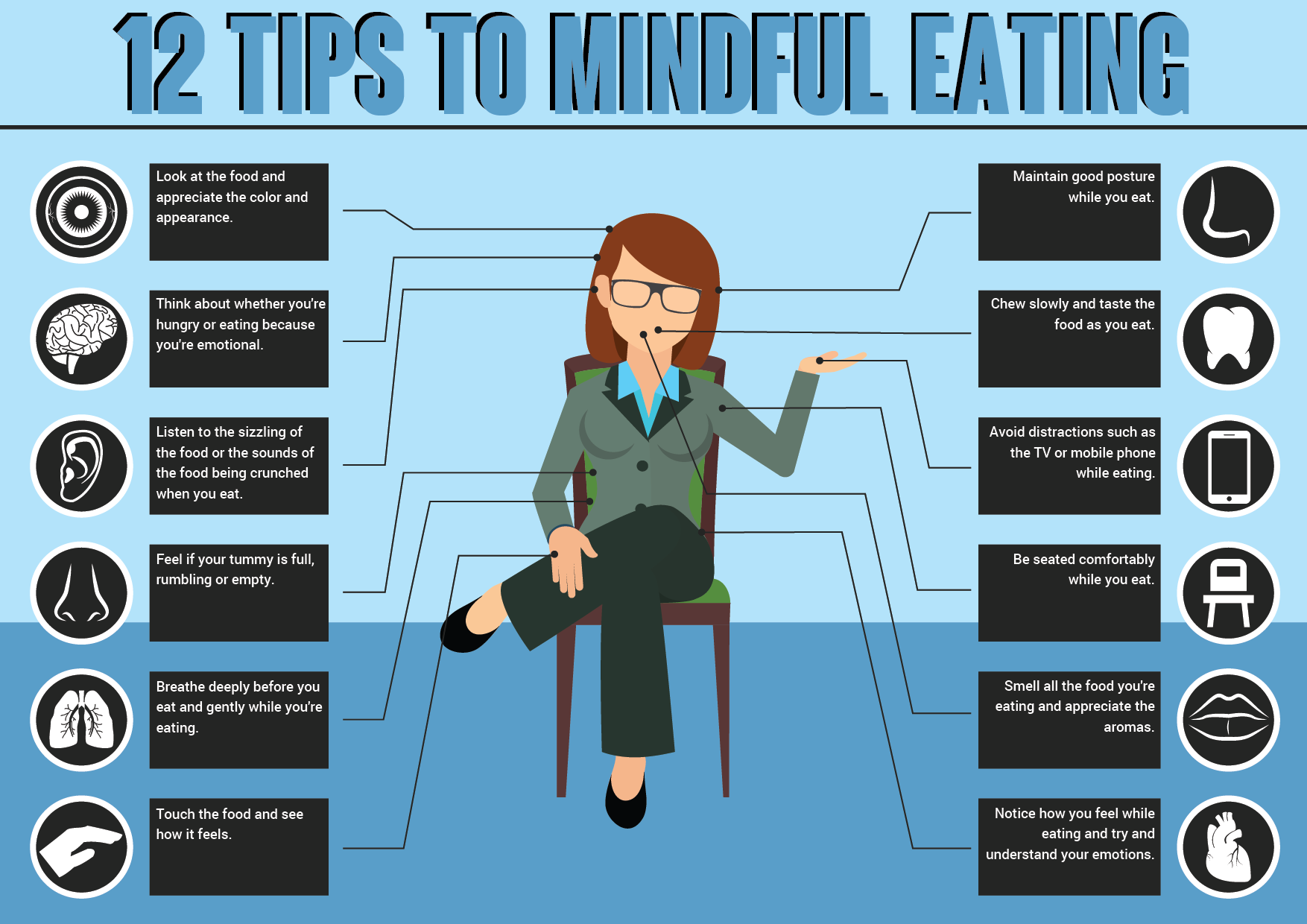
Avoid labeling foods as “good” or “bad.” Your goal this week is to focus on the tastes and textures of food, and how you feel before, during and after eating. Try not to focus on weight loss, food restriction or eliminating favorite foods from your diet. Brewer said, “is that the more automatic they become, over time you’re not even consciously choosing these actions.”įor this week’s Eat Well Challenge, start practicing awareness by slowing down and thinking about what you’re eating and why you’re eating it. Over time, we can develop a number of habit loops that trigger us to eat when we’re bored, angry, stressed, tired after work or even just watching television. Now our brains have learned that ice cream also makes us feel good in times of stress, reinforcing the habit loop. While there’s nothing wrong with ice cream, it can become a problem when we start eating it unthinkingly after an emotional trigger, such as when we feel stressed or angry. The brain learns to associate eating ice cream with feeling good. Ice cream, for instance, is something we might eat during celebrations. Habit loops can be formed from both good and bad experiences, explains Dr. Brewer notes that eating behaviors, like absentmindedly snacking on potato chips or bingeing on dessert, are often the result of habit loops that get reinforced over time.

Another review by scientists at Columbia University found that intuitive and mindful eating training often resulted in at least one benefit for metabolic or heart health, such as improved glucose levels, lower cholesterol or improved blood pressureĭr. One Brown University study of 104 overweight women found that mindfulness training reduced craving-related eating by 40 percent. He has also created an app called Eat Right Now that uses mindfulness exercises to help people change their eating habits.

Brewer, an addiction psychiatrist, has tested a number of mindfulness practices to help people quit smoking, lower anxiety and reduce emotional eating. Rudolph Leibel, a professor of medicine at Columbia University’s Institute of Human Nutrition. These changes help explain why many chronic dieters may be eating far fewer calories than those around them, but still aren’t losing weight, said Dr. A weight-reduced body responds differently to food and exercise than a body that has not dieted, studies suggest, and a dieter’s muscles may burn fewer calories than expected during exercise. If you’re still tempted to try that fad diet, consider this: Evidence suggests that restrictive dieting and rapid weight loss can lead to lasting changes that may slow your metabolism, alter hormones that regulate hunger and hamper efforts to maintain your weight. A variety of techniques that encourage mindful awareness of how we eat, acceptance related to the foods we want to eat and intuitive eating exercises can be used to quell cravings and reshape our eating habits. So what’s the alternative? Many weight researchers are encouraging a new approach to healthy eating based on brain science.

But to successfully conquer a dieting habit, you’ll need to let go of old ideas about counting calories, banning your favorite foods and measuring success by a number on a scale. And over the long term, dieting can backfire, triggering your body’s survival defenses, slowing your metabolism and making it even harder to lose weight in the future.Ī resolution to quit dieting doesn’t mean giving up on having a healthier body. Research shows that food restriction just makes you want to eat more. That may seem like surprising advice, but there’s mounting scientific evidence to suggest that diets don’t work.

Here’s a New Year’s resolution you can keep: Stop dieting and start savoring your food instead.


 0 kommentar(er)
0 kommentar(er)
